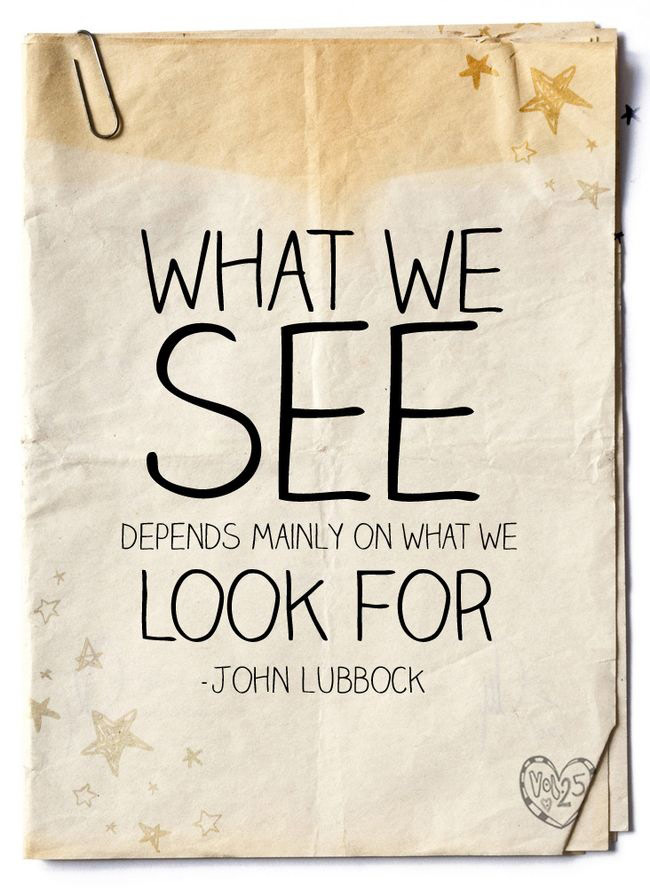1 Corinthians 2:9 But, as it is written, “What no eye has seen, nor ear heard, nor the heart of man imagined, what God has prepared for those who love him."
The grass is beginning to grow and cover the earth. Beneath it, a few feet down, is my husband's casket. Only a flag and its holder, placed there three weeks ago, marks the spot. It is time, I tell myself, to order the grave marker, another step on my widow's walk.
I've asked the kids their opinions. Dennis had none, just names and dates. Bonnie wants John 3:16, Ron's favorite verse, and an eagle for Ron's favorite team. Allen, whose presence on the autism spectrum has made his father's death a difficult concept to grasp, has refused to respond.
 But that was three weeks ago. Allen and I have had a good--but busy--day. With a school holiday courtesy of All Saints Day, we have managed to make our way through a long list of errands. Allen even got his hair cut, a task that was daunting back in June but which he now takes in stride. He even accepted a different barber, telling Rachel how he wanted his hair cut and politely shaking her hand
But that was three weeks ago. Allen and I have had a good--but busy--day. With a school holiday courtesy of All Saints Day, we have managed to make our way through a long list of errands. Allen even got his hair cut, a task that was daunting back in June but which he now takes in stride. He even accepted a different barber, telling Rachel how he wanted his hair cut and politely shaking her hand and thanking her when she was done.
We are driving past Long Croft Cemetery, our trunk full of groceries, the last of our errands completed. Allen, who finds social interactions taxing, is already half-asleep in the passenger seat. But it's been a good day--such a good day--and I feel I can push him just a little more.
"I'm going to order Dad's grave marker on Monday," I say and motion to the cemetery.
"I'm not coming," he murmurs. There is a sigh and a pause. "Why do people do that."
"Do what?"
"Put--you know--markers on people's graves. What's the point?"
Those on the ASD spectrum tend to think in terms of absolutes. What would be a concrete reason I can give? "Well," I say, "I think it's so families can find where their loved one is buried. So they can bring flowers. So they know where they are." I push a little more. "So we'll know where Dad is."
"Dad's not there," Allen says quietly. "Just his old, broken body is there."
 I feel a lump in my throat. The fine art of magical thinking has convinced Allen that his father would come back if only he found the right formula. For thirteen weeks after Ron's death, Allen and I spent every Saturday hunting for clues, looking for Ron. We visited Linvilla Orchards and found the strongest horse, sprinkling a few hairs from Ron's brush along the path. We located the tallest tree at Rosetree Park, wrapping a ribbon around its trunk. We explored the oldest bridge at Smedley Park, leaving one of his father's shirts behind. Marking spots where Ron might return. We waited at the station for a train that never came and for two weeks used Google Earth to track the route of a ship on the Delaware with a mysterious symbol that, said Allen, "meant something."
I feel a lump in my throat. The fine art of magical thinking has convinced Allen that his father would come back if only he found the right formula. For thirteen weeks after Ron's death, Allen and I spent every Saturday hunting for clues, looking for Ron. We visited Linvilla Orchards and found the strongest horse, sprinkling a few hairs from Ron's brush along the path. We located the tallest tree at Rosetree Park, wrapping a ribbon around its trunk. We explored the oldest bridge at Smedley Park, leaving one of his father's shirts behind. Marking spots where Ron might return. We waited at the station for a train that never came and for two weeks used Google Earth to track the route of a ship on the Delaware with a mysterious symbol that, said Allen, "meant something."
Allen didn't find his father, but he found a way to the other side of his grief. Two weeks ago, the magical journeys ceased. Allen said he was transferring his "sad memories" about his father's last, painful year into his newest and strongest sword. He was done, he said, looking for Dad.
And it seems to have worked. In the last two weeks, any conversation about Ron has been happy: the way he loved to play board games but always cheated, his booming laugh and warm hugs, his crazy dance movements known in the family as "doing the Ronnie."
Autism grief is not neuro-typical grief. Allen has needed time to figure it out. I have tried to be wise enough to let him. We seemed to have arrived at a good place. But it's been a good day, a really good day, so I venture one more question.
"If Dad's not at the cemetery and he's not on the boat and he's not on the train, where is he?"
Autism grief is not neuro-typical grief. But with enough time, enough magic, enough faith, and enough love, we can all find what we need.
My son looks at me with tears in his eyes. "Well," he says, "sometimes I like to pretend he's across the street at the firehouse, talking to the guys. Because that helps me. But," and he lets a few tears fall, "I know he's in heaven. And I know he's okay."
And Allen, too, will be okay.
And it seems to have worked. In the last two weeks, any conversation about Ron has been happy: the way he loved to play board games but always cheated, his booming laugh and warm hugs, his crazy dance movements known in the family as "doing the Ronnie."
Autism grief is not neuro-typical grief. Allen has needed time to figure it out. I have tried to be wise enough to let him. We seemed to have arrived at a good place. But it's been a good day, a really good day, so I venture one more question.
"If Dad's not at the cemetery and he's not on the boat and he's not on the train, where is he?"
Autism grief is not neuro-typical grief. But with enough time, enough magic, enough faith, and enough love, we can all find what we need.
My son looks at me with tears in his eyes. "Well," he says, "sometimes I like to pretend he's across the street at the firehouse, talking to the guys. Because that helps me. But," and he lets a few tears fall, "I know he's in heaven. And I know he's okay."
And Allen, too, will be okay.










